Montessori education is one that is built on the simple fact that the most important years for learning occur before the age of 6. We believe that the child is born with all the tools needed for success, and it is through our mindful observations that we are able to guide the child on the journey of knowledge. Our schools allow children to grow into whom it is they are meant to become using practical life skills that will follow the child throughout her/his life. Children who complete their toddler, preschool and kindergarden years at our schools build enough confidence to take on any challenges, and are able to build up their self-esteem and problem solving skills.
To read about parent testimonies, please click the button below.
Montessori Education
The Montessori method of education is named after Dr. Maria Montessori (1870-1952). Dr. Montessori, internationally renowned child educator, was originally a medical doctor (she was, at 26 years old, the first female physician in Italy), who brought the scientific methods of observation, experimentation, and research to the study of children, their development, and education.
As a physician, Montessori came to believe that many of the problems of children with whom she was working with were educational problems rather than medical problems. She abandoned any preconceived ideas she had about education and decided to study children and their development from an observational perspective. In her first scientific discoveries she noticed that children were emotionally starved from being in an environment that was not stimulating any of their senses. She made it her life’s work to creating a method that would help children learn by stimulating their interests.
The importance of independence on the development of the child was also discovered, which she addressed by ensuring that all children were shown what was required of them to do, so that their self-reliance and self-esteem would increase. It can be said that the most important discovery she made while observing these children was that for children to learn something they need to be happy and content in their environment. She also realized that the best way for the children to feel happy and content in their environment is to have them develop a sense of ownership and a sense of belonging in the environment. Maria Montessori was very passionate about her work and managed to impact people from all over the world and received letters from very influential people such as Freud and Ghandi.
The scientific method developed by Dr. Maria Montessori is the one we know today as “The Montessori Method”, and it is a comprehensive, child-centered approach to education based on the following principles:
Education should prepare for life - intellectually, emotionally, and physically.
Children learn best on their own (self-directed learning), motivated by their innate need to explore and discover in a non-competitive prepared environment, which promotes a joy of learning and the development of self-discipline.
Children should be allowed to progress at their own pace regardless of ability level or age.
We feel that it is the experience of learning joyfully, rather than working to satisfy teachers’ and parents’ expectations, that differentiates Montessori Education from traditional adult-centered and directed education.
Madame Edith with Renilde Montessori (Dr. Maria Montessori’s granddaughter)
Montessori Training Center of BC February 2001
Montessori Classroom: The Prepared Environment
Maria Montessori developed what she called the "prepared environment", an environment in which consistency and dependability are the norm, an environment in which children could freely choose from a number of developmentally appropriate activities. The prepared environment is structured, charming, aesthetically pleasing and enriching but never overwhelming. It provides a safe space for movement and exploration, promoting social interaction and self-selected activities. The classroom is a community where the children learn to respect others as well as themselves. It is orderly and attractive with many carefully designed materials and activities from which they can choose. The organization of the room allows children easy access to a variety of learning experiences. The children are free to engage themselves in activities that interest them. They can spend as much time as needed in any activity.
-
Respect for the child
This is the basic element of Montessori. Our goal is to give children as many choices as possible, while still staying within certain limits, so that they can one day be independent learners. Children have a love for learning and they discover the world through working with their hands. Both of our indoor and outdoor environments provide children with the opportunity to work and learn through their hands in a way that stimulates their enthusiasm and curiosity.
-
The Absorbent Mind
Maria Montessori liked to refer to the child’s brain under the age of six years old years old as an “Absorbent Mind”. This is because young children literally absorb any and all information that comes their way. What the child absorbs depends largely on what types of information and experiences cross their paths. Montessori classrooms allow free exploration and learning in uninterrupted work cycles, in order to get the most out of their learning experiences.
-
Sensitive Periods
Children are born with a love for learning, and there are periods in a child’s life where acquisition of a skill is effortless. As Montessori trained teachers we are trained to observe each child individually and introduce specific concepts at the right time to each individual child.
-
From birth until 6 years old
This stage is characterized by the Absorbent Mind and Sensitive Periods. These two aspects work together and cause an unparalleled ability for learning. Learning is intense and enlightening. During the first three years of life infants learn through their senses, in what is called an unconscious Absorbent Mind. During the second three years children learn consciously through active hands on experience. Learning will take place when they are allowed to do things on their own.


